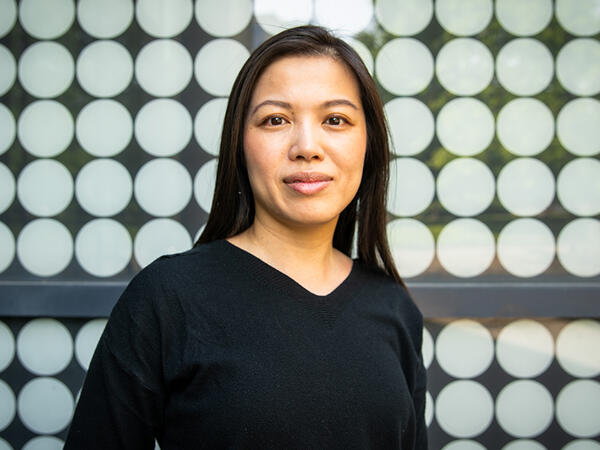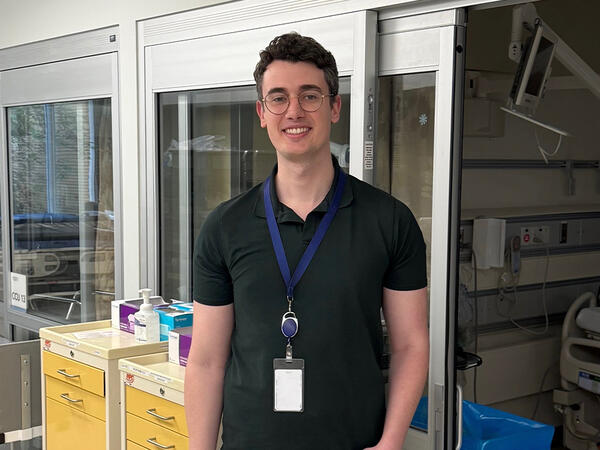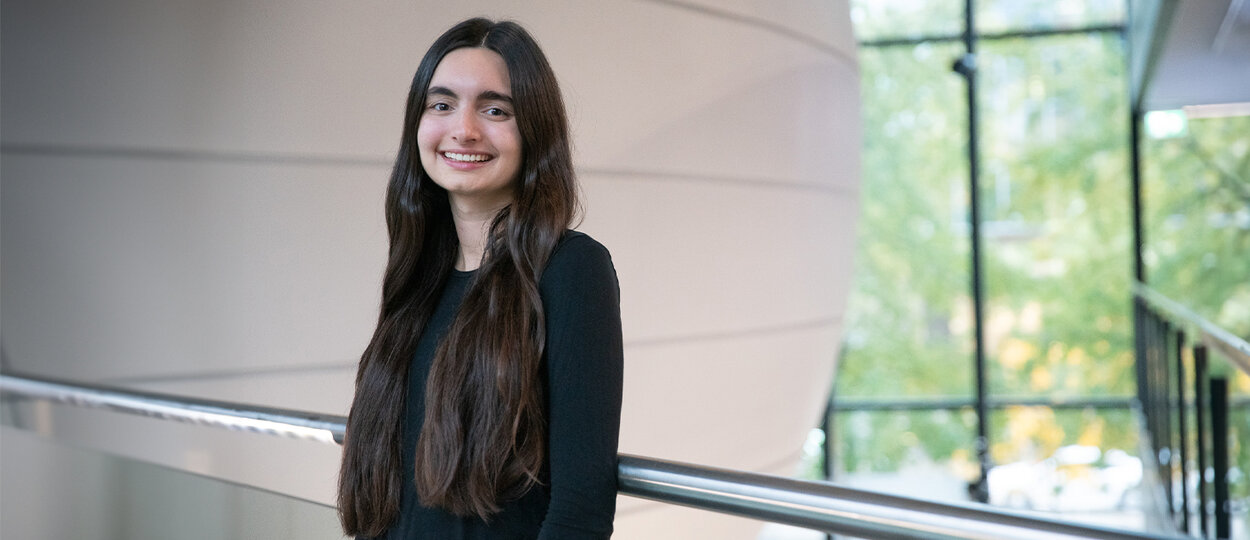What is your academic background and why is this area of research important?
I have a BScH in Biochemistry with a minor in Business. Before joining Dr. Micheline Piquette-Miller’s lab as a MSc student I worked in food science and cancer research. My current research focuses on investigating whether nutrients can prevent inflammation-mediated dysregulation of placental drug transporters. Pregnant women have traditionally been excluded from medical research and clinical trials; however, infection and inflammation during pregnancy is common and can lead to lifelong detrimental effects on the child’s development, as well as pose a risk to the mother’s health. As treatment options for pregnant women are limited, I am looking at whether nutrient supplements which are deemed safe during pregnancy are an effective treatment option for unwanted inflammation.
What led you to your current Supervisor’s lab/research group?
One of the main reasons that drew me to Dr. Piquette-Miller’s lab is that her focus is maternal-fetal health. A friend of mine had a baby shortly before I decided on where to apply for graduate school and she had a lot of questions and concerns during her pregnancy with limited answers, which was when I realized how understudied pregnancy is in pharmaceutical sciences, so when I came across Dr. Piquette-Miller’s research I was intrigued. What drew me to Dr. Piquette-Miller’s research is that it is translational combining pre-clinical animal models with collaborations with clinicians to obtain patient samples. In addition, I have known for a long time that if I ever worked in a hospital setting, I would like for it to be on the maternity ward.
What are some of the challenges you had to overcome within your research?
One of the main challenges for my research is collecting patient samples, as I need to coordinate around the clinicians and patient’s schedule. There is also the uncertainty whether I will actually receive patient samples on the days I go to the hospital due to the unpredictability of childbirth and patient consent. On the days happen where I do not receive any samples it is easy to feel discouraged, so I remind myself of the privilege of being able to collect primary tissue for my research. In addition, not seeing the results you had hoped for can quite frustrating especially after investing a lot of time on a particular experiment.
How do you see your current research playing a role in your career?
I believe that women’s health is a fascinating, yet understudied area of research, so I would like to keep studying this topic post graduation. Through my master’s I am currently also completing the 1-year curriculum by the Canadian Mother-Child Collaborative Training Platform exposing me also to pharmacoepidemiology and machine learning with a focus on perinatal research in addition to pharmacology. While I am leaning towards a career away from the bench I believe the translational aspect of my research and the interdisplinary training platform, as well as my adaptability and connections will help me grow in this field and my career!
What do you like to do when you are not working on research?
I am excited to be the Graduate Research In Progress (GRIP) co-chair for GRIP 2025 drawing on experience of holding positions in PSGSA, AAPS, and the GRIP organizing committee this past year. In my free time I like to explore new neighbourhoods, experience new cultures, solve Sudoku puzzles, and skiing.
More News
Image

Welcoming Ivy Lam as Academic Lead in Climate, Health & Sustainable Care
Assistant Professor Lam will guide the Leslie Dan Faculty of Pharmacy's efforts to embed environmental sustainability across the Faculty.
Read More
Image

Pharmacy alum’s research shows how full-scope practice improves cancer care
Honoured with a national award, Adrian de Boer says his residency experience was a powerful reminder that he's making a meaningful change to the pharmacy profession.
Read More
Image

Pharmacy alum passionate about helping community pharmacists practice to full scope
As a pharmacy leader at Rexall, Heidi Wittke uses frontline experience to lead initiatives that improve patient care
Read More
